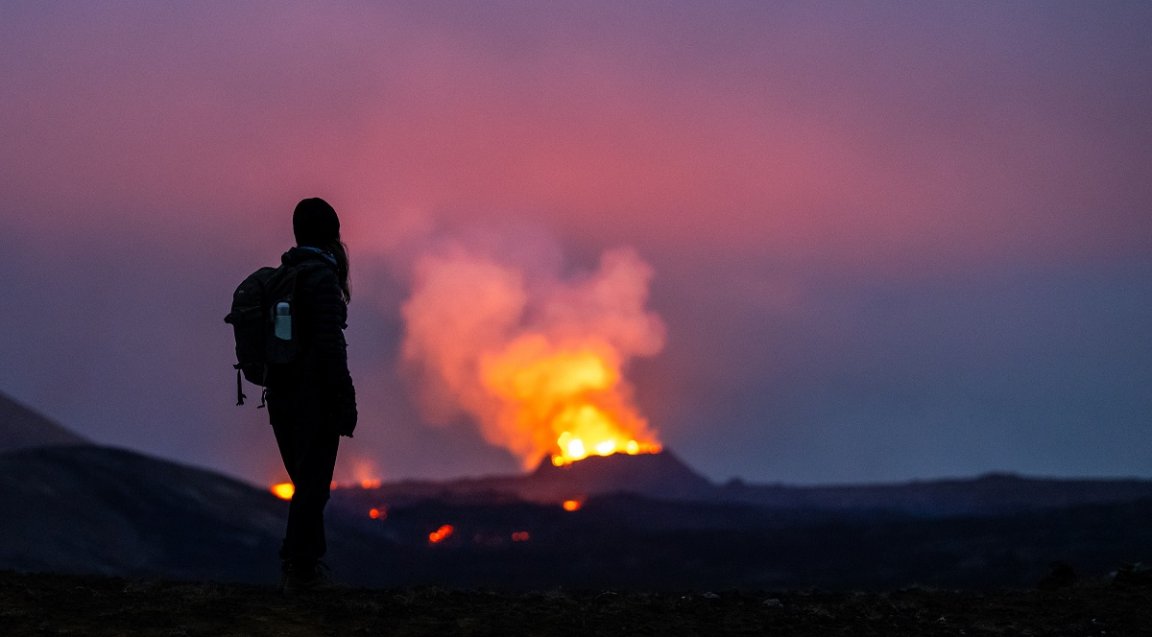
Lava Love
In a spectacular display of Earth’s power, a new volcano has erupted in Iceland — and National Geographic reports that some scientists think it’s the latest sign that the region, which was dormant for centuries, will experience much more volcanic activity going forward.
The volcano, located just an hour’s drive southwest from the capital of Reykjavík, erupted into existence with a shower of hot lava and poisonous gas on July 10 after the region experienced numerous earthquakes, according to the magazine.
Within a week of its fiery birth, the baby volcano had grown to almost 100 feet and counting, the BBC reported.
All signs point to increased volcanic activity that may last for generations, which scientists had previously predicted last year in National Geographic.
“This could herald the start of decades of occasional eruptions,” Dave McGarvie, a volcano scientist at Lancaster University in the United Kingdom, told the outlet last year.
Mini Mordor
The area around the volcano looks barren and windswept, like a scene from Mordor in “Lord of the Rings.” But because of the volcano’s proximity to the capital and an international airport, it’s become a site for hordes of tourists curious to see a visually-arresting natural wonder.
The area had been dormant for nearly 800 years until an eruption in 2021, according to National Geographic. These fissures of molten lava coming to the surface are the result of the Reykjanes Peninsula sitting atop the Mid-Atlantic Ridge, the mag reports, which separates two major tectonic plates, the North American and the Eurasian. The ridge is spreading as the two plates pull apart little by little over the years, encouraging the growth of fissures and eventually the flow of molten magma coming to the surface.
Though the latest volcano is quite close to civilization, there have been no reports of it damaging human settlements or infrastructure. The last time volcanic activity in Iceland caused major disruptions was in 2010, according to the Associated Press, when ash from the Eyjafjallajokull volcano caused more than 100,000 flights to be canceled amid massive closures of the airspace over Europe.
More on volcanos: Violent Volcano Eruption Triggers an Ungodly Number of Lightning Flashes